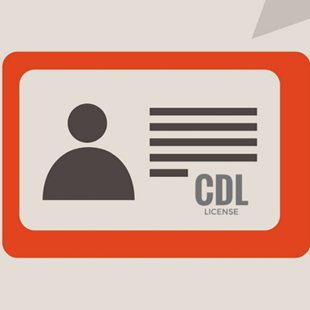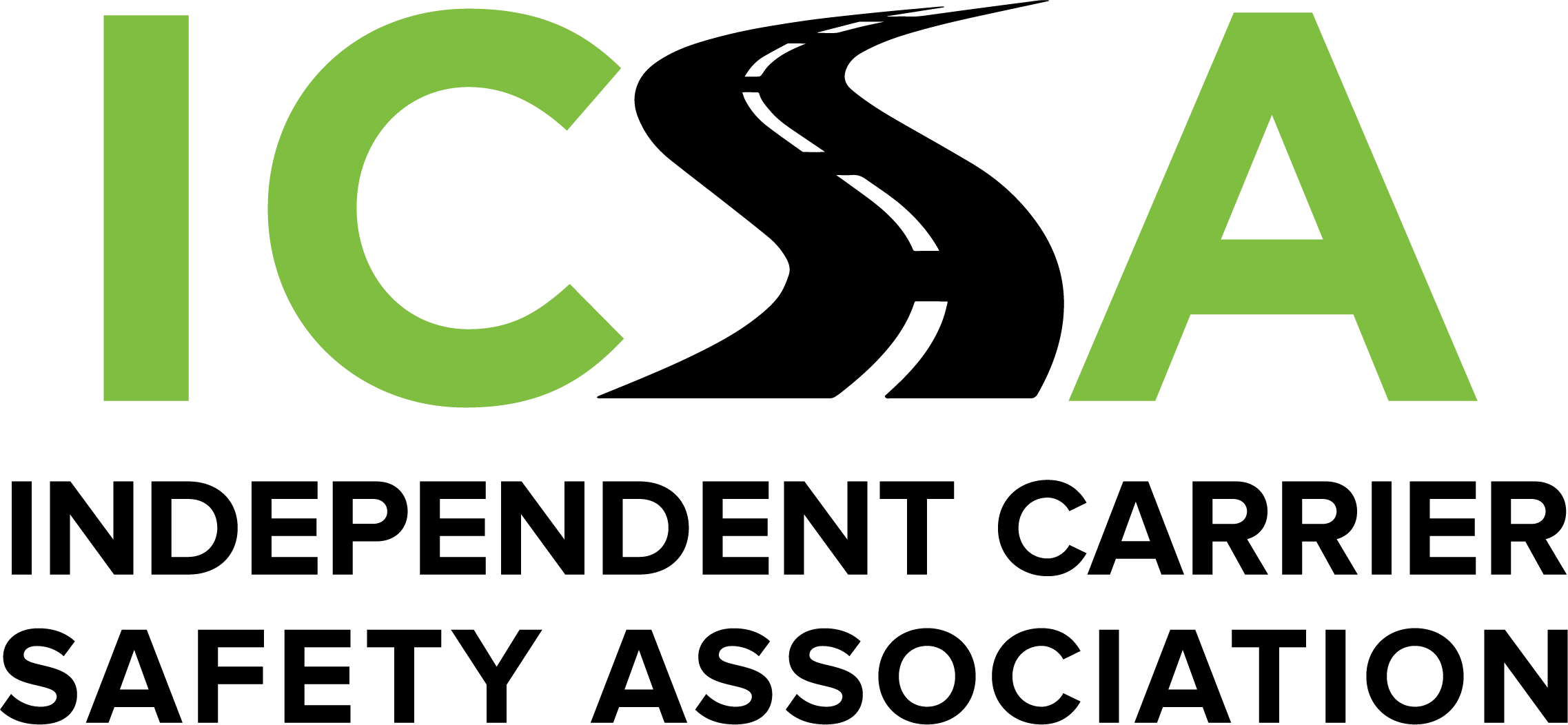
The last thing your good safety record needs is a truck driver with a history of violations. That’s why, with any driver applicant, a motor carrier should check the motor vehicle record (MVR), look at the FMCSA Pre-Employment Screening Program (https://www.psp.fmcsa.dot.gov/psp/home), and, especially now, examine the driver’s status in the Drug and Alcohol Clearinghouse (https://clearinghouse.fmcsa.dot.gov/).
To avoid disruption to your business on November 18, there are other steps that should be taken.
As of November 18, FMCSA requires each state DMV to downgrade any CDL and CLP drivers listed In the Drug & Alcohol Clearinghouse “prohibited” status because of past drug and alcohol violations. “Prohibited” drivers are those who have not enrolled and completed the “return to duty” (RTD) process and, thus, cannot legally operate a truck.

Over 175,000 truck drivers, listed as “prohibited,” have not taken that step. It can take anywhere from a few weeks to a few years to complete the RTD process.
For fleet owners, some of those “prohibited” drivers may seek employment before their license is officially gone. But unless they are in the RTD program, they are prohibited from driving.



